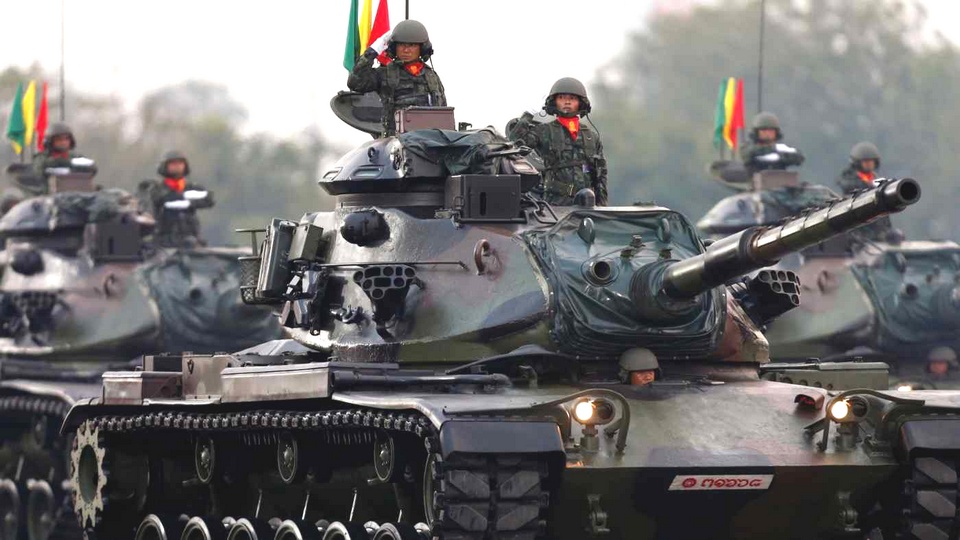
The large number of recent military interventions in Africa’s coup-belt has prompted concerns in Thailand about a spreading phenomenon. Mali, Chad, Burkina Faso, Guinea and Sudan are all examples in the last 12 months. The most recent Asian example is the putsch in Myanmar in February 2021 and some would add Donald Trump’s suck-it-and-see USA bungle on January 6 last year.
Thailand has experienced 12 successful coups since 1932, one every seven years on average, as well as a fistful of unsuccessful attempts. In his insightful book, Seizing Power, Naunihal Singh shows that coups occur when politics are polarized and bogged down whilst sections of the population welcome military intervention as a way of restoring order and achieving reforms.
So is coup-fond Thailand about to take the plunge once again? Most commentators say no. The situation now is very different from 2014, incidentally the only putsch ever in which tanks did not rumble out to patrol the streets of the metropolis. In 2022, the main military-backed party Palang Pracharath is no longer united as sections or “cobras” are breaking away, or threating to do so. In theory, the current prime minister could follow the example of field marshal Thanon Kittikachorn in 1971 and declare a self-coup to close parliament and perpetuate his rule. But that attempt ended in awesome bloodshed and disaster.
David Charleston, in an academic blog, emphasizes that 7,000 well-trained Bangkok troops in several divisions are no longer under the direct control of the army leadership as their commander-in-chief is now directly His Majesty the King. This is a significant change introduced in 2016. Charleston also points out that there is no appetite for a coup as the country slowly recovers from the coronavirus pandemic. There is no immediate likelihood of a breakdown in law and order in Bangkok streets as there was in 2014 with large crowds shouting for the overthrow of the Yingluck Shinawatra government.
So the most likely scenario is that the country will hold elections sometime before the final possible date in March next year. If, as seems currently likely at the moment, the Pheu Thai party wins an overall or near-overall majority in the Lower House, the situation will heat up because the Upper House or Senate has 250 unelected members, all appointed by the current administration and able to vote influentially in the choosing of the next prime minister. That’s an explosive mixture.
 |
 |
 |





